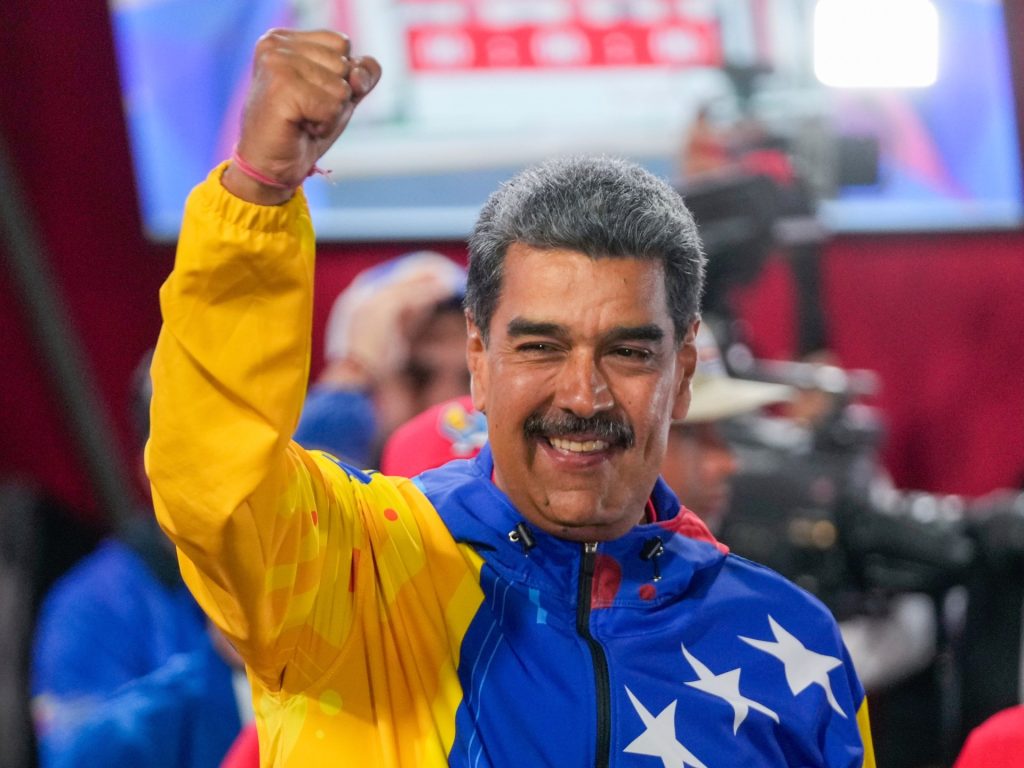The announcement of President Nicolas Maduro winning a third term in Venezuelan elections has sparked reactions from around the globe, highlighting deep divisions in opinions. While Venezuela’s electoral authority declared Maduro the winner with 51 percent of the vote, the opposition, represented by retired diplomat Edmundo Gonzalez, claims their candidate won around 70 percent. However, the official voting tallies have not been released from the 30,000 polling centers, making it difficult for the opposition to verify the results.
The United States has expressed serious concerns about the announced results, with Secretary of State Antony Blinken stating that they do not reflect the will or the votes of the Venezuelan people. The US is calling for a fair and transparent counting of every vote, immediate sharing of information with the opposition and independent observers, and detailed publication of vote tabulations by electoral authorities. Similarly, the United Kingdom has called for transparent publication of full, detailed results to ensure the outcome accurately represents the votes of the Venezuelan people.
The reaction from the European Union emphasized the importance of respecting the will of the Venezuelan people and ensuring full transparency in the electoral process, including a detailed counting of votes and access to voting records at polling stations. Brazil has called for impartial verification of the results to uphold the fundamental principle of popular sovereignty, while Chile demands total transparency in the election records and process, with international observers reporting on the accuracy of the results.
On the other hand, several countries including Russia, China, Cuba, Honduras, and Bolivia have congratulated Maduro on his re-election and expressed support for his win. Russian President Vladimir Putin highlighted the strategic partnership between Russia and Venezuela and expressed readiness for continued cooperation. China praised Venezuela for smoothly holding its presidential election and expressed a commitment to enhancing their strategic partnership for the benefit of both nations. Cuba’s President Miguel Diaz-Canel and former President Raul Castro congratulated Maduro on his victory, with Diaz-Canel stating that the Revolution had won.
In contrast, countries like Peru, Colombia, and Argentina have condemned the election irregularities and lack of transparency in the results, calling for impartial verification and total vote count to address any doubts. Peru went as far as recalling their ambassador to Venezuela for consultations in response to the violations of the popular will of the Venezuelan people. Colombia stressed the importance of hearing the voices of all sectors involved in the elections and urged for an independent audit to be carried out promptly.
Overall, the reactions to President Nicolas Maduro’s win in the Venezuelan elections demonstrate the global community’s varied perspectives and concerns regarding the fairness and transparency of the electoral process. While some countries have congratulated Maduro and expressed support for his victory, others have raised serious doubts about the legitimacy of the results and called for further verification to ensure the will of the Venezuelan people is respected. The deep divisions in opinions highlight the complex political dynamics surrounding Venezuela and the challenges in achieving consensus on the outcome of the election.















